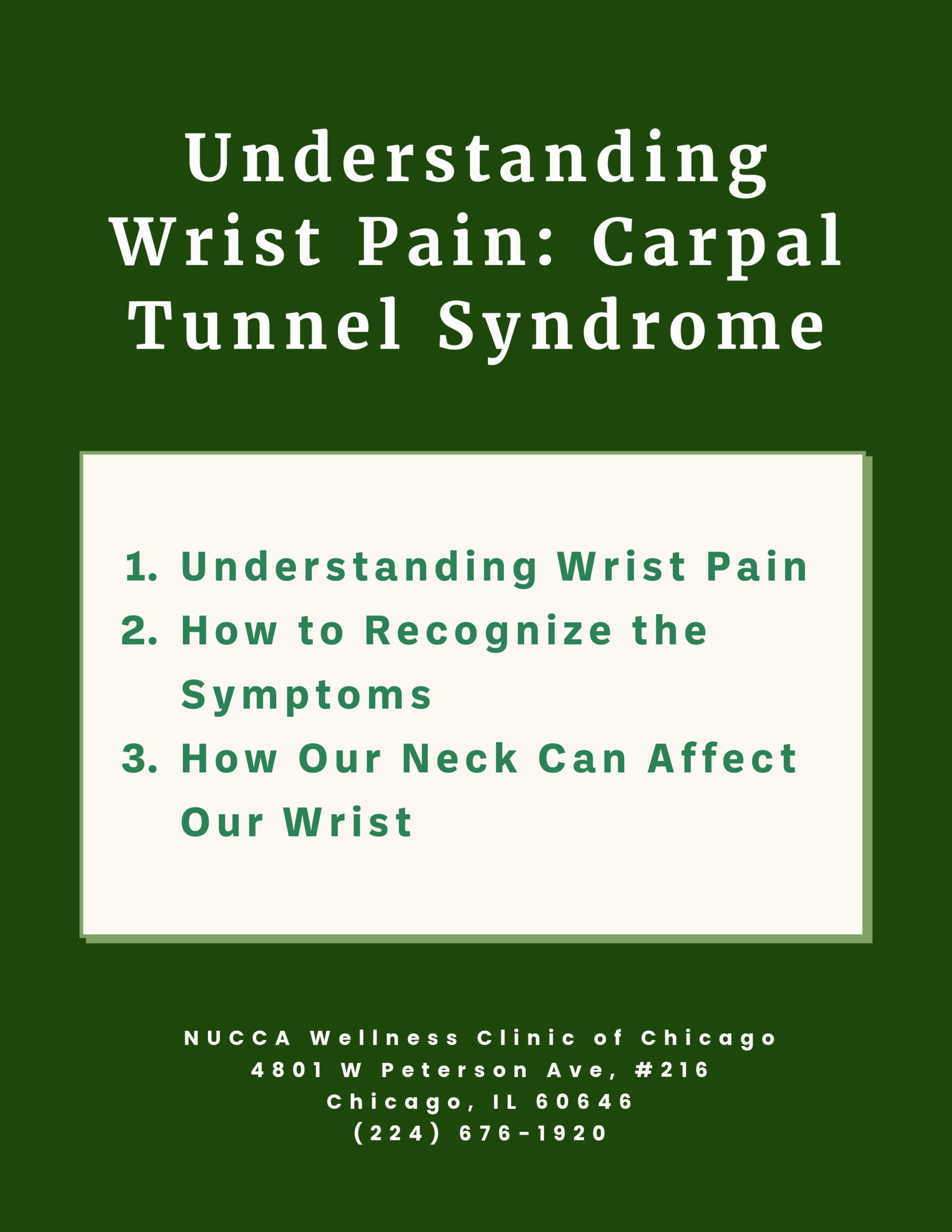
Have you ever suffered from neck pain, arm pain, or persistent headaches after what seemed like a minor car accident? If so, you might have experienced what is commonly referred to as a whiplash injury. Whiplash injuries are alarmingly prevalent, especially following rear-ended car accidents, and many people may not immediately experience the symptoms.
In a car accident, especially during a rear-end collision, the rapid back-and-forth motion of the neck (a whipping motion of the head and neck) can significantly increase the risk of injury to the upper neck. This ‘whipping motion’ is the primary reason behind the term ‘whiplash injury.’
Here’s how it usually plays out:
1. Initial Impact:
When a vehicle is hit from behind, its occupants are initially pushed forward. If they’re wearing seatbelts, their torsos are restrained, but the head, being unrestrained, remains in position.
2. Hyperextension:
As the torso continues its forward and upward motion, the head is thrown backward, causing the neck to bend backward (hyperextension). This backward movement can stretch and strain the muscles and ligaments at the back of the neck.
3. Recoil:
Following this hyperextension, the head then snaps forward rapidly in a recoil motion, leading to hyperflexion. This sudden and forceful forward bending of the neck can cause injuries to the muscles and ligaments in the front of the neck.
4. Risk to the Cervical Spine:
This rapid back-and-forth motion can exert immense stress on the cervical spine, spinal discs, ligaments, and neck muscles. The uppermost vertebrae, especially C1 and C2, are particularly vulnerable due to their unique shapes and their role in neck mobility.
5. Potential for Nerve Injury:
The abrupt motion can also cause nerve impingement or irritation if any of the cervical vertebrae are displaced or if any swelling occurs in the area of the nerve roots.
6. Risk of Disc Injury:
The force of the whipping motion can cause the cervical discs to bulge or herniate, potentially leading to further nerve irritation or compression.
Understanding the mechanism of whiplash injuries from car accidents can be complex. However, it’s crucial to note that even impacts at speeds as low as 8 mph can induce these injuries. Recent studies highlight that, despite the head and neck movements during such collisions seeming to stay within the normal range of motion, the likelihood of sprain and strain injuries to the spine remains considerably high.

Most common symptoms related to whiplash injury are followings:
1. Neck Pain and stiffness:
Soreness and discomfort in the neck area are common symptoms of whiplash. The pain or discomfort can be immediate or develop gradually. The neck can become stiff, tense, and restricted in its range of motion, making it difficult to move comfortably.
2. Headaches:
Headaches often start at the base of the skull and often radiate toward the forehead. This can result from the sudden movement and strain on the neck muscles.
3. Shoulder and Upper Back Pain:
Pain or discomfort can extend to the shoulders and upper back due to the impact on the neck and spine.
4. Dizziness:
Some people can experience dizziness or a feeling of lightheadedness, which could be due to the sudden jerking motion of the head and neck. Additionally, some people may feel as if the room is spinning.
5. Fatigue:
Whiplash injuries can lead to fatigue and tiredness as a response to the trauma. A general feeling of tiredness or exhaustion is common after experiencing the trauma of an accident.
6. Jaw Pain:
Whiplash can sometimes cause jaw pain or difficulty in jaw movement due to the impact on the neck and surrounding muscles.
7. Tingling or Numbness:
Sensations of tingling, numbness, or even weakness in the arms or hands can occur if nerves are affected.
8. Visual Disturbances:
Blurred vision or difficulty focusing might arise as a result of the sudden motion.
9. Sleep Problems:
Trouble falling asleep, staying asleep, or waking up feeling exhausted can be related to the injury and the stress of the accident.
10. Memory Issues and Concentration Problems:
Difficulty with memory and concentration can sometimes accompany whiplash injuries.
Upper Cervical Chiropractor in Chicago, Illinois
When people experience symptoms related to car accidents, such as pain or discomfort, they might hope these symptoms will resolve over time. However, it is crucial to seek further evaluation and receive proper treatment as soon as possible after the injuries occur.
Upper cervical chiropractors are providing a solution to help the human body self-regulate and achieve homeostasis at its optimal condition. Chiropractic care can help correct the root cause of structural problems in the spine, alleviating neurological symptoms such as headaches, numbness and tingling, fatigue, brain fog, and more.
At NUCCA Wellness Clinic of Chicago, NUCCA chiropractors can identify the root cause of health problems that have been sustained from car accidents. You can call (224) 676-1920 to schedule an appointment in Chicago or Northwest Suburbs location.




